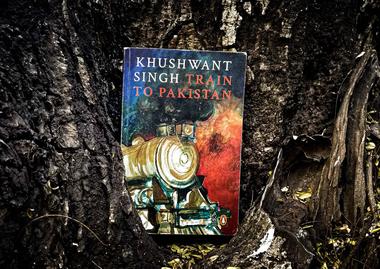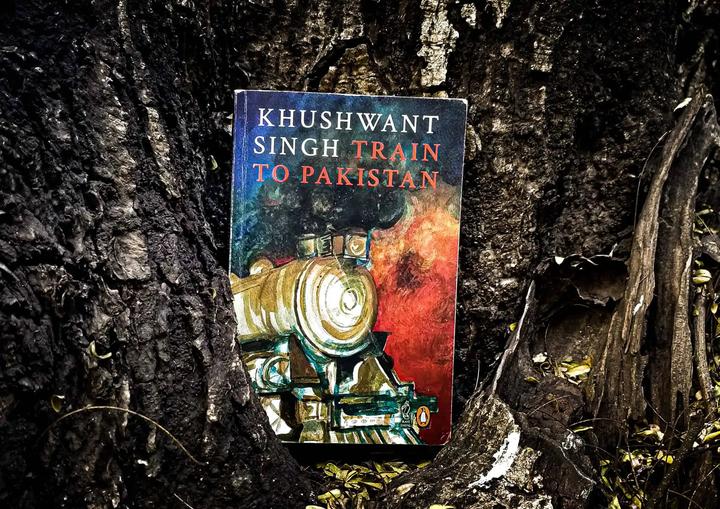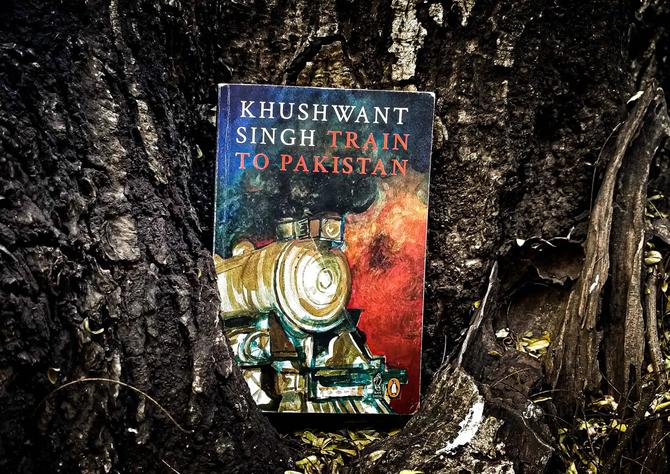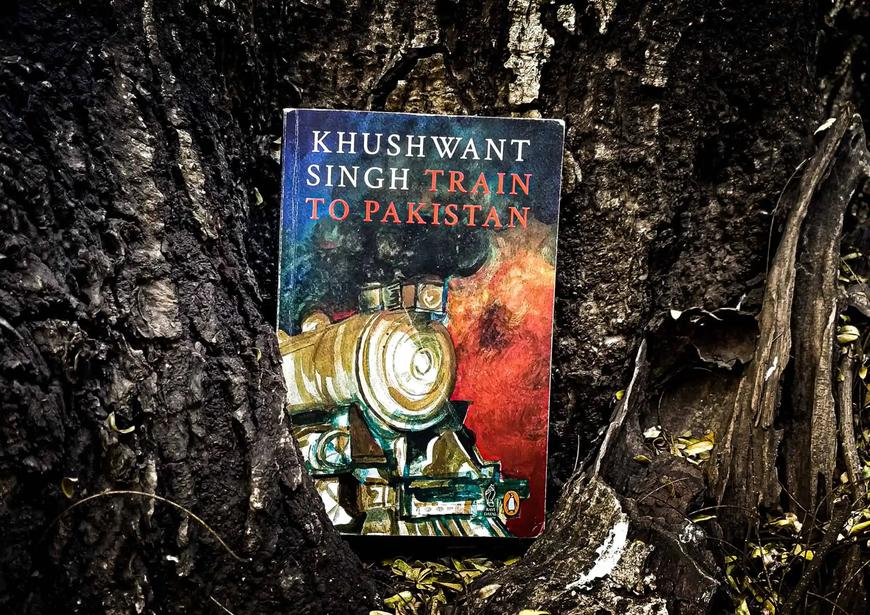



"Train to Pakistan," written by Khushwant Singh, is a powerful and thought-provoking novel set during the partition of India in 1947. The novel delves into the complex historical and philosophical aspects of the partition, highlighting the human tragedy and moral dilemmas faced by individuals during this turbulent period. This book analysis aims to explore the historical context, philosophical themes, and in-depth character analysis of the main protagonists to better understand the profound impact of the partition on human lives.
Historical Context:
The partition of India in 1947 was a significant event in the country's history, leading to the creation of two separate nations, India and Pakistan. The process involved large-scale communal violence, mass migration, and loss of life. The novel "Train to Pakistan" is set in the fictional village of Mano Majra, located on the border between India and Pakistan. It captures the human experiences and struggles of individuals caught in the vortex of communal violence during the partition.
Khushwant Singh, the author of the novel, witnessed the partition firsthand and used his literary skills to portray the tragedy and horrors that unfolded during those times. The novel serves as a powerful reminder of the consequences of religious hatred, political manipulations, and communal tensions, as well as the impact of colonization and the struggle for independence.
Philosophical Aspects:
Identity and Belonging:
The partition of India raised questions about identity and belonging. Individuals found themselves torn between religious affiliations, cultural heritage, and the desire for unity. The characters in the novel grapple with questions of identity, trying to reconcile their past with an uncertain future.
Morality and Human Nature:
The novel delves into the depths of human nature, exploring themes of morality and immorality. It highlights how fear, hatred, and prejudice can lead individuals to commit acts of unspeakable violence. Additionally, it showcases moments of selfless compassion and sacrifice, portraying the inherent goodness that can exist even in the darkest of times.
Politics and Power:
"Train to Pakistan" critiques the role of politicians and those in positions of power during the partition. The novel shows how political maneuvering and the quest for power fueled the fires of communal violence, leading to the suffering of innocent people.
Character Analysis:
Juggut Singh:
Juggut Singh is a pivotal character in the novel, representing the common man affected by the partition. He is a dacoit (bandit) known for his criminal activities but is not inherently evil. Despite his actions, he displays a sense of loyalty and compassion, especially towards Nooran, a Muslim girl he loves. Juggut's character symbolizes the complexity of human nature, blurring the lines between good and evil. His internal conflict represents the broader dilemma faced by many individuals during the partition.
Iqbal Singh:
Iqbal Singh, a local magistrate and the only educated individual in Mano Majra, serves as a voice of reason and rationality in the midst of communal tensions. He believes in a united India and struggles to maintain peace and harmony in the village. Iqbal's character highlights the importance of education and critical thinking in times of crisis.
Malli:
Malli is another crucial character in the novel, representing religious fanaticism and the destructive power of hatred. He becomes the leader of a group of Sikh rioters and plays a significant role in inciting violence against the Muslim population. Malli's character symbolizes the dangerous consequences of blind religious fervor and how individuals can be manipulated to carry out heinous acts in the name of faith.
Hukum Chand:
Hukum Chand is the local magistrate and represents the British colonial authority. He is a pragmatic and cynical character who is more concerned with maintaining order and avoiding responsibility than with protecting the innocent. Hukum Chand's character embodies the moral decay of the ruling class and exposes the exploitative nature of colonial rule.
Conclusion:
"Train to Pakistan" by Khushwant Singh remains a poignant and profound exploration of the partition of India. Through its historical and philosophical aspects, the novel offers a vivid portrayal of the human tragedy and moral complexities of this dark period in India's history. The characters of Juggut Singh, Iqbal Singh, Malli, and Hukum Chand represent the different facets of human nature, reflecting the choices individuals faced in the face of violence and hatred.
The novel's enduring relevance lies in its ability to make readers confront uncomfortable truths about the human condition and the impact of political decisions on ordinary lives. Khushwant Singh's masterful storytelling serves as a stark reminder of the importance of communal harmony, unity, and the value of human life in times of great turmoil. "Train to Pakistan" stands as a literary testament to the enduring power of literature to shed light on historical events and provoke introspection on the human experience.